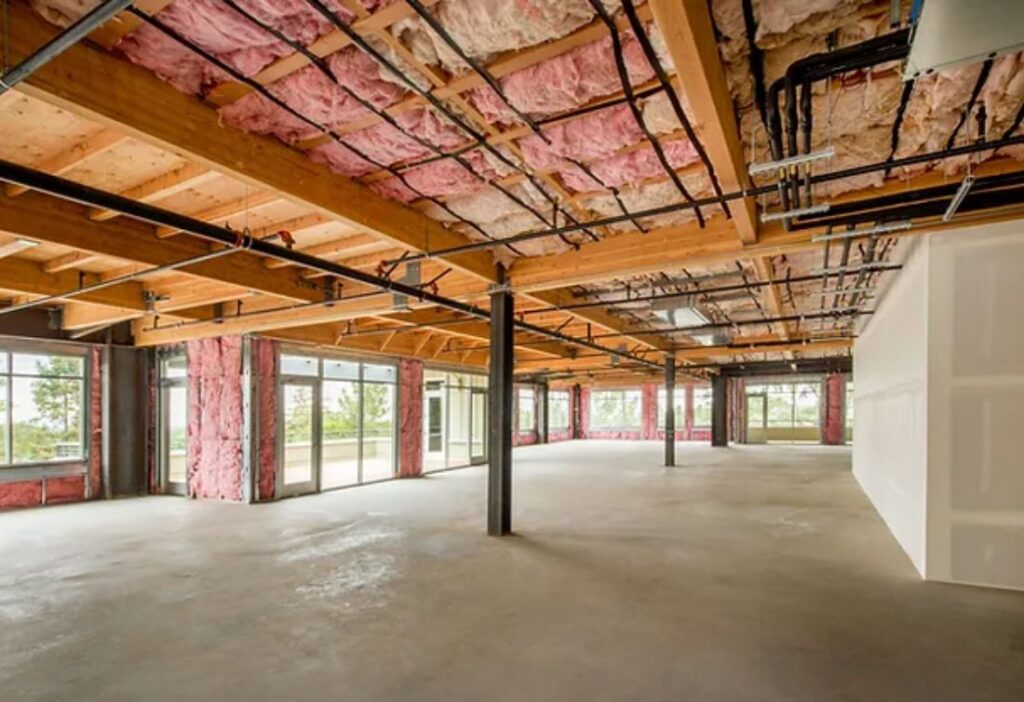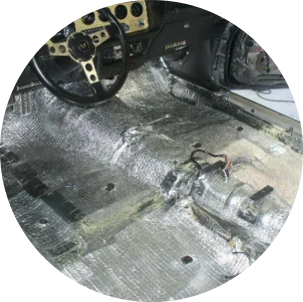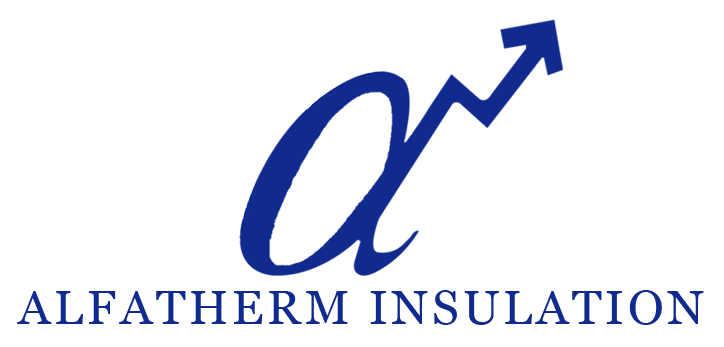It is a radiant barrier, which means it has the ability to reduce radiant heat, keeping your home, office, pole barn or warehouse cool and fresh in summer and comfortably warm in winter.

Bubble
Insulation

we take pride in being a trusted mineral wool dealer
We strive to deliver exceptional products and services that meet your specific requirements and exceed your expectations. Contact us today to discuss your insulation needs and let us help you create energy-efficient and comfortable spaces with Mineral Wool Supplier and Mineral Wool Dealer.

As a leading supplier of mineral wool
we understand the importance of insulation in enhancing thermal performance, reducing energy consumption, and improving indoor comfort. Alfatherm Insulation offers a wide range of mineral wool products that are designed to meet the diverse needs of residential, commercial, and industrial projects.
contact me

Benefits of insulation
Heat Insulation0%
Water Resistance 0%
Sound Proof 0%
Fire proof 0%
we make it right

Industies/Factries
Insulation helps to minimize heat transfer, both in terms of heat gain during warmer months and heat loss during colder months. By effectively insulating industrial facilities, energy consumption for heating and cooling purposes can be significantly reduced.

Commercial and Residential House
Insulation plays a crucial role in both commercial and residential buildings by providing several important benefits like High thermal efficiency, Lightweight and flexible.

Automobile Industries
Insulation plays a crucial role in the automobile industry for various reasons. Insulation materials are used to manage heat and sound within vehicles. Insulation materials help in improving the thermal efficiency of vehicles.

Portable Cabins
Insulation plays a crucial role in portable cabins, providing several important benefits like Temperature Regulation , Energy Efficiency,Condensation Control,SoundproofingDurability and Longevity.
OUR PRODUCTS

BUBBLE INSULATION
Bubble insulation, also known as reflective Bubble insulation or bubble foil insulation, is a lightweight and flexible insulation material. It consists of multiple layers of polyethylene bubbles sandwiched between reflective foil surfaces. These bubbles act as insulating pockets, preventing the transfer of heat and reducing thermal conductivity.

CERAMIC PRODUCT
Alfatherm Insulation Ceramic Board Supplier in delhi are objects made from inorganic, non-metallic materials, primarily composed of clay, minerals, and natural substances. They are shaped and hardened through processes such as heating, drying, and firing. Alfatherm Insulation Ceramic Ceramic Board Dealer in delhi exhibit unique properties such as heat resistance, hardness, and durability, making them suitable for diverse applications.

CROSS LINKED POLYSTYREME
Cross-linked polystyrene, also known as XPS foam, is a closed-cell, rigid foam insulation material. It is produced by chemically cross-linking polystyrene polymer, resulting in a three-dimensional network of interconnected cells. This cross-linking enhances the material's strength, rigidity, and resistance to moisture.

FIBER GLASS WOOL PRODUCTS
Alfatherm Insulation Fiber wool dealer in dealer in delhi has excellent thermal insulation properties, making it effective in reducing heat transfer. It helps to keep buildings warm in winter and cool in summer by minimizing heat loss or gain through walls, roofs, and floors. This can lead to energy savings and improved comfort indoors.

MINERAL WOOL
Alfatherm Insulation Mineral wool blanket In Delhi is a type of insulation material that is commonly used in construction and industrial applications. It is made from natural minerals, primarily basalt, which is melted down and spun into fine fibers. These fibers are then compressed and bound together to form insulating batts, rolls, or boards.

EXTRUDED POLYSTYRENE SHEET
Extruded polystyrene sheets, often referred to as XPS sheets, are a type of rigid foam insulation material commonly used in construction and insulation applications. Alfatherm XPS board dealer in delhi extruding polystyrene polymer mixed with various additives through a process that involves high pressure and high temperatures.

RB SLABS
RB SLABS insulation is typically made from rigid foam materials, such as expanded polystyrene (EPS), extruded polystyrene (XPS), or polyisocyanurate (PIR). RB Slab dealer in Delhi materials have excellent insulating properties and are lightweight, making them easy to handle and install.
Mineral Wool, Ceramic Board, Fiberglass Wool, Bubble Insulation, and XPS Sheet: Understanding and Choosing the Right Insulation Materials
Introduction
When it comes to insulating your home or commercial space, choosing the right materials is crucial for energy efficiency and maintaining optimal indoor temperatures. In this comprehensive guide, we will explore five popular insulation materials: Mineral Wool, Ceramic Board, Fiberglass Wool, Bubble Insulation, and XPS Sheet. By understanding their properties, advantages, and applications, you’ll be equipped to make an informed decision for your insulation needs.
Mineral Wool: An Effective and Versatile Insulation Solution
Mineral Wool is a widely used insulation material that offers excellent thermal and acoustic properties. Made from natural minerals such as basalt, diabase, or slag, it is manufactured into wool-like fibers, which are then formed into batts, rolls, or boards for easy installation. Here are some key features and benefits of Mineral Wool:
1. Excellent Thermal Insulation
Mineral Wool possesses high thermal resistance, effectively preventing heat transfer through walls, ceilings, and floors. Its dense composition and low thermal conductivity make it a suitable choice for both residential and commercial applications.
2. Superior Sound Absorption
With its fibrous structure, Mineral Wool acts as a sound barrier, reducing noise transmission between rooms. It is commonly used in walls and ceilings to enhance acoustic comfort and minimize sound pollution.
3. Fire Resistance
One of the standout qualities of Mineral Wool is its remarkable fire resistance. It has a high melting point and does not contribute to the spread of flames. In fact, it can act as a fire barrier, delaying the ignition and providing valuable time for evacuation.
4. Moisture Resistance
Mineral Wool is naturally hydrophobic, meaning it repels water and resists moisture absorption. This feature makes it ideal for insulation in areas prone to high humidity or where moisture control is essential, such as basements or bathrooms.
5. Environmentally Friendly
Being made from abundant and recyclable materials, Mineral Wool is considered an eco-friendly insulation choice. It helps reduce energy consumption, minimizing carbon emissions and promoting sustainability.
Ceramic Board: The Heat-Resistant Insulator
Ceramic Board is a specialized insulation material that excels in high-temperature applications. Composed of refractory ceramic fibers, it offers exceptional thermal stability and durability. Let’s explore the unique characteristics of Ceramic Board:
1. Extreme Heat Resistance
Ceramic Board can withstand extremely high temperatures, making it suitable for industrial furnaces, kilns, and other heat-intensive environments. It provides a reliable thermal barrier, preventing heat loss and ensuring optimal operational efficiency.
2. Low Thermal Conductivity
With its low thermal conductivity, Ceramic Board effectively minimizes heat transfer. This property is essential in applications where precise temperature control is required, such as in laboratories or manufacturing processes.
3. Chemical Resistance
Ceramic Board is highly resistant to chemical degradation and does not react with most substances. This feature makes it ideal for insulation in chemical plants, refineries, and other corrosive environments.
4. Excellent Mechanical Strength
Unlike some other insulation materials, Ceramic Board exhibits high mechanical strength and dimensional stability even at elevated temperatures. It can withstand thermal shocks and mechanical stress, ensuring long-lasting insulation performance.
5. Versatile Applications
Ceramic Board finds applications in a wide range of industries, including steel, petrochemical, and power generation. It is also used in residential and commercial settings where fire resistance
Fiberglass Wool: The Lightweight and Cost-Effective Insulation Solution
Fiberglass Wool, also known as Fiberglass Insulation, is a popular choice for residential and commercial insulation projects. It is composed of fine glass fibers that are tightly woven together. Let’s explore the advantages and applications of Fiberglass Wool:
1. Excellent Thermal Performance
Fiberglass Wool offers excellent thermal insulation, effectively reducing heat transfer and keeping indoor spaces comfortable. Its low thermal conductivity helps maintain optimal temperatures while minimizing energy consumption.
2. Easy Installation
One of the key advantages of Fiberglass Wool is its ease of installation. It comes in pre-cut batts or rolls, allowing for quick and straightforward placement between wall studs, ceiling joists, and floor joists. Additionally, it can be easily customized to fit irregular spaces.
3. Sound Absorption
In addition to thermal insulation, Fiberglass Wool provides soundproofing benefits by absorbing and dampening noise. It is commonly used in walls, floors, and ceilings to create acoustically comfortable environments.
4. Fire Resistance
Fiberglass Wool is inherently fire-resistant, making it a safe choice for insulation. It can withstand high temperatures and does not contribute to the spread of flames, helping to slow down the progression of fires and provide valuable escape time.
5. Cost-Effective
Compared to other insulation materials, Fiberglass Wool is cost-effective, making it a popular choice for budget-conscious projects. It offers a good balance of performance and affordability, making it accessible to a wide range of applications.
Bubble Insulation: The Reflective and Versatile Insulation Option
Bubble Insulation, also known as Reflective Bubble Insulation, is a unique type of insulation that utilizes reflective surfaces and trapped air pockets to provide thermal resistance. Let’s delve into the characteristics and benefits of Bubble Insulation:
1. Reflective Heat Barrier
Bubble Insulation incorporates reflective materials, such as aluminum foil, to create a radiant heat barrier. This barrier reflects heat away from the building, helping to maintain cooler temperatures in warmer climates and reducing the need for excessive air conditioning.
2. Lightweight and Flexible
One of the advantages of Bubble Insulation is its lightweight and flexible nature. It can be easily cut and installed in various spaces, including walls, attics, roofs, and crawl spaces. Its versatility allows for easy retrofitting and customization.
3. Moisture Resistance
Bubble Insulation is designed to resist moisture and vapor transmission. By creating a barrier against moisture intrusion, it helps prevent issues such as condensation, mold growth, and water damage, thereby contributing to a healthier indoor environment.
4. Thermal Performance in Both Hot and Cold Climates
Bubble Insulation is effective in both hot and cold climates. In warm regions, it reflects radiant heat away from the building, while in colder climates, it helps to maintain warmth by reducing heat loss through insulation.
5. Easy Installation
Installing Bubble Insulation is relatively simple. It typically comes in rolls, making it easy to handle and cut to fit specific areas. The installation process involves attaching the insulation to the desired surface using staples, adhesive, or other appropriate methods.
XPS Sheet: The Durable and Moisture-Resistant Insulation Material
XPS (Extruded Polystyrene) Sheet is a rigid insulation material known for its durability and resistance to moisture. It is commonly used in below-grade applications and areas exposed to high levels of moisture. Let’s explore the benefits and applications of XPS Sheet:
1. High Compressive Strength
XPS Sheet exhibits high compressive strength, making it suitable for applications that require load-bearing capabilities such as beneath concrete slabs or in foundation walls. Its ability to withstand heavy loads without significant deformation ensures long-term structural integrity.
2. Excellent Moisture Resistance
One of the standout features of XPS Sheet is its exceptional moisture resistance. Its closed-cell structure prevents water absorption, making it highly effective in damp or wet environments. This quality makes it ideal for insulating below-grade areas, such as basements or crawl spaces.
3. Thermal Efficiency
XPS Sheet offers excellent thermal insulation, helping to regulate indoor temperatures and reduce energy consumption. Its low thermal conductivity inhibits heat transfer, creating a more comfortable living or working environment while lowering heating and cooling costs.
4. Durability and Longevity
Thanks to its dense and rigid composition, XPS Sheet is highly durable and resistant to wear and tear. It can withstand impact, moisture, and chemical exposure, making it a long-lasting insulation solution that requires minimal maintenance.
5. Versatile Applications
XPS Sheet finds applications in various settings, including residential, commercial, and industrial projects. It is commonly used in below-grade insulation, roofing systems, exterior sheathing, and insulated concrete forms (ICFs), among others.
FAQs
- Mineral Wool is made from natural minerals like basalt or slag, while Fiberglass Wool is made from fine glass fibers.
- Mineral Wool has excellent fire resistance and sound absorption properties, while Fiberglass Wool offers good thermal insulation and affordability.
Yes, Bubble Insulation is effective in both hot and cold climates. It helps maintain warmth by reducing heat loss in colder regions.
Ceramic Board is primarily used in high-temperature industrial applications, such as furnaces and kilns. It is less common for residential insulation but can be used in specific scenarios where high heat resistance is required.
XPS Sheet insulation can be installed using adhesive, mechanical fasteners, or both. It is important to follow the manufacturer’s guidelines for proper installation techniques.
While Fiberglass Wool is generally safe to handle, it is recommended to wear protective gear, such as gloves and a mask, during installation to minimize any potential irritation.
Yes, Mineral Wool is an excellent choice for soundproofing due to its fibrous structure, which absorbs and dampens noise.


